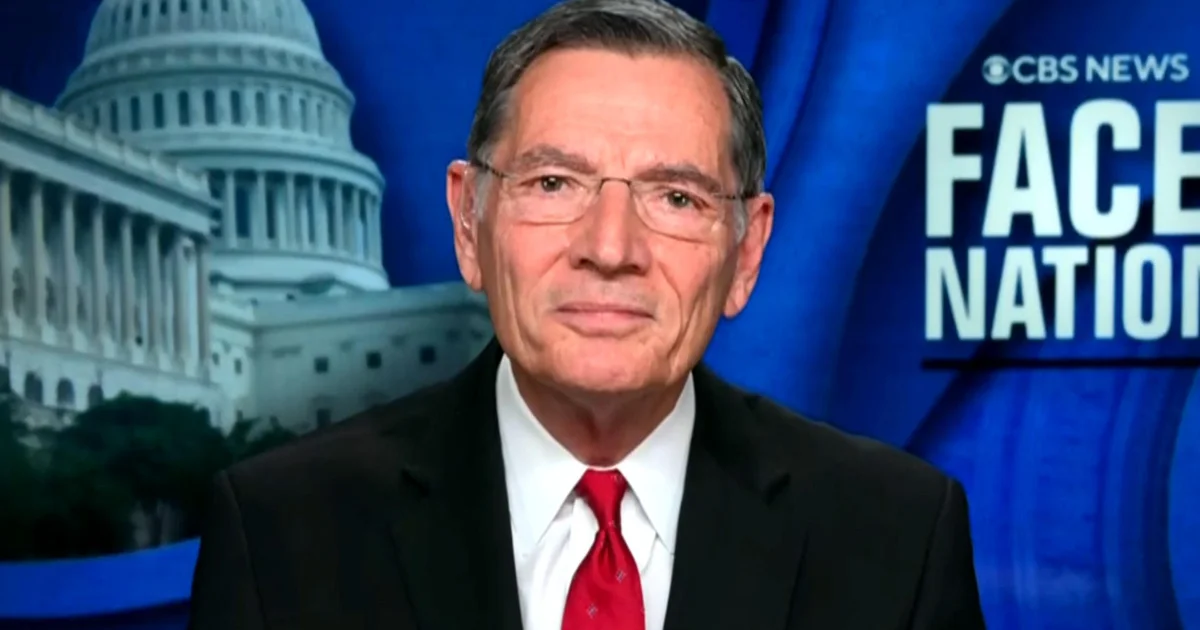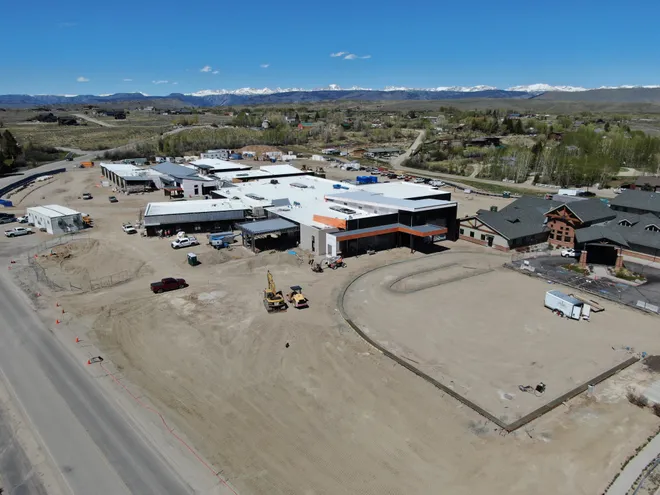Rural America is facing a healthcare crisis as hospitals close their doors at alarming rates, leaving communities vulnerable and without critical medical care. According to research by Michael E. Shepherd, over 100 rural hospitals have shut down since 2010, a trend that correlates notably with states that rejected Medicaid expansion. This reality lays bare a shocking political paradox: areas suffering from hospital closures are increasingly voting for the very Republicans who have orchestrated their healthcare demise.
Rural Hospital Closures and Political Consequences
The data tells a stark story. Shepherd"s analysis reveals that rural voters in Republican-controlled states that opted out of Medicaid expansion are not just losing access to emergency care; they are also shifting their political allegiances. After losing their hospitals, these voters exhibit a 5% to 10% increase in support for Republican candidates in subsequent elections. This trend underscores a disturbing disconnection between the electorate’s needs and their voting behavior.
Medicaid Expansion Rejection Fuels the Crisis
In states where Medicaid expansion was rejected, the fallout has been devastating. As reported by Kaiser Family Foundation, states that expanded Medicaid have seen significant decreases in uninsured rates and better overall health outcomes. Conversely, the lack of expansion in states like Texas and Florida has contributed to a higher incidence of hospital closures, exacerbating healthcare disparities in rural communities.

Senate Whip John Barrasso says GOP to "work around the clock" to get Trump"s nominees confirmed
Voter Accountability in a Changing Landscape
The question arises: who do voters hold accountable for these closures? Surprisingly, the data indicates a shift in blame. Shepherd notes that support for the Affordable Care Act (ACA) significantly decreased in rural areas post-closure. Previously supportive of the ACA, communities that lost their hospitals became disillusioned, with only 14% favoring the law after experiencing a closure. This suggests a troubling trend where voters may misattribute the causes of their healthcare woes, directing their frustration toward federal initiatives instead of local Republican leadership.
Emergency Care Access and Community Health
Access to emergency care is not merely a convenience; it is a matter of life and death. Research indicates that proximity to hospitals drastically affects mortality rates in emergencies. Studies show that rural residents are often required to travel further for care, which can delay critical treatment. As hospitals close, the distance to care increases, and the risk of adverse health outcomes rises, creating a vicious cycle of illness and political disenfranchisement.

Rural towns are building new hospitals with federal funding
Implications for Future Elections
The implications of these findings extend beyond healthcare; they challenge the foundations of political accountability. With rural voters increasingly leaning towards Republicans post-closure, a critical question emerges: how do we hold politicians accountable for healthcare access when voters seem to reward their negligence? The urgency for progressive candidates to engage with rural communities and advocate for comprehensive healthcare reform has never been more pronounced.







![[Video] Gunfire between Iraqi security forces and Sadr militias in Baghdad](/_next/image?url=%2Fapi%2Fimage%2Fthumbnails%2Fthumbnail-1768343508874-4redb-thumbnail.jpg&w=3840&q=75)
